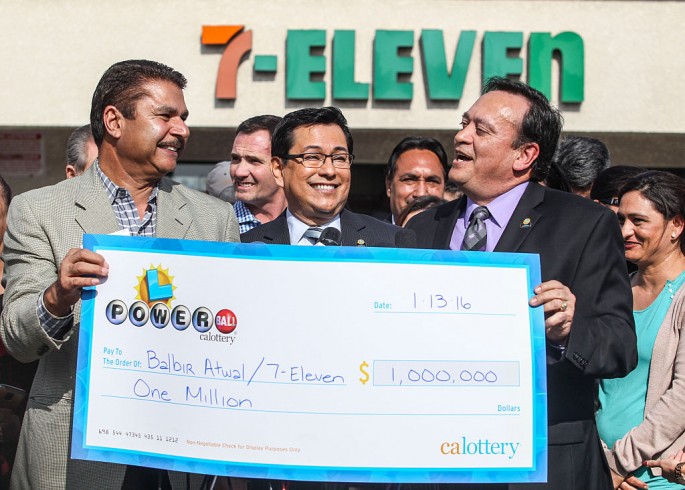The record $1.6-billion jackpot in the Powerball lottery in California, split by three winners, sparked lottery purchase in China. Although the move was risky, some mainland Chinese asked relatives in the U.S. to buy them tickets in the hope of becoming a billionaire, or at least several times over a millionaire.
Because the prize in the two state-run lotteries - the China Sports Lottery and China Welfare Lottery - are not that huge in comparison to those in the U.S., sellers of lotteries proposed higher jackpots to entice more buyers. Su Goujing, founder of the China Lottery Industry Salon, cites that a 2-yuan lottery ticket would win a maximum amount of only 5 million yuan ($760,000).
In contrast, the Powerball lottery ticket cost only $2 each and yielded each of the three winners $533 million each if they would receive annual payments. Su points out, "You have to spend around 300 to 400 yuan if you want to win the highest prize of 2.2 billion yuan," quotes Chinadaily. The prize is the jackpot in China's current lottery.
In pushing for more lotteries, especially after Beijing suspended online lottery, run by 500com.Ltd and China Sports Lottery, in 2015, Su points out that current lottery products available could not meet demand.
One risk in buying lottery tickets overseas is that the seller or the relative in the U.S. could claim they brought the winning ticket, and the Chinese who really purchased it would find it difficult to prove his claim for lack of physical evidence.
Despite the suspension of online lotteries, it still happens across China illegally. Shanghaidaily reports that one vendor in Taobao, the largest e-commerce platform in China, got a business partner in Chicago who buys the lottery tickets on his behalf. He charges 50 yuan ($7.76) for a $2 ticket and wants to be given 3 percent share of winning tickets.
Su warns, "With money transfers becoming more convenient on mobile devices, many people could find different ways to participate in illegal lottery activities, which could involve a great amount of money."






















